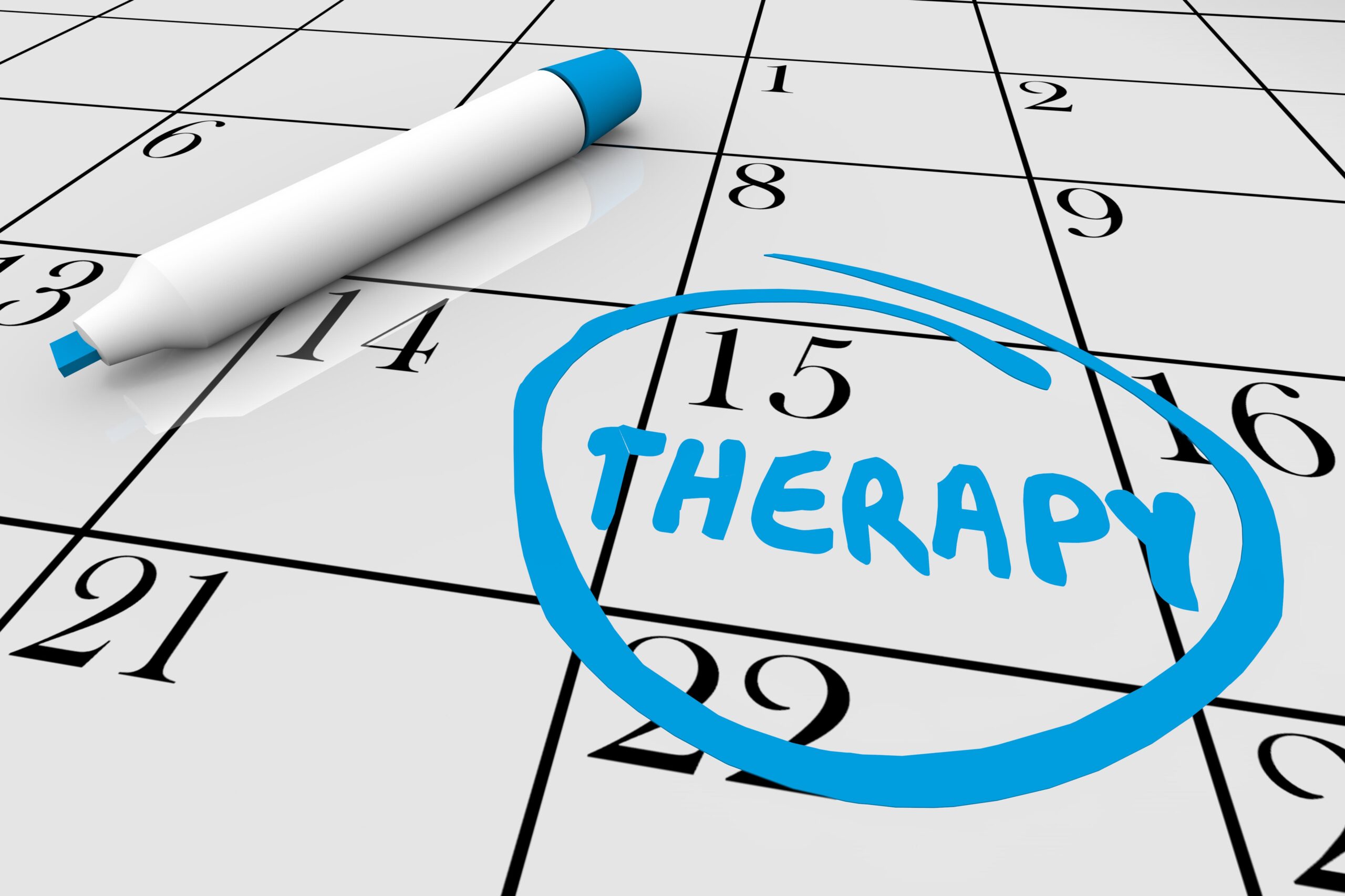Can You Be Addicted Without Realizing It?
TL;DR: Yes—people can be addicted without realizing it. Subtle signs include routine creep, craving-driven choices, and life squeeze. Below you’ll find how hidden patterns form, a quick self-check, what to do next, and when structured inpatient care at Inspire Recovery Center is the safest step.
Program note: Inspire Recovery Center is an inpatient program and addresses mental health only in conjunction with substance use. For program info, visit our Services or Contact pages.
How Addiction Hides in Everyday Routines
Addiction rarely starts with a dramatic moment. More often it slips into routines: a nightly wind-down drink, pills “just to sleep,” or weekend use that becomes weeknights. Because nothing explodes at once, it’s possible to be addicted without realizing it—until energy, money, or relationships start to bend around the habit.
Neuroscience helps explain why this creeps up. Substances can over-activate the brain’s reward system (dopamine), training your attention toward cues—time of day, places, emotions. Over weeks to months, habits move to “autopilot,” making choices feel automatic. See plain-language resources from NIDA and SAMHSA.
Routine Creep: Small Shifts That Add Up
- Quantity drift: one becomes two; two becomes many.
- Timing drift: “only weekends” becomes most evenings.
- Context drift: using alone more often, or before stressful tasks.
Life Squeeze: The Hidden Cost
- Sleep, workouts, or hobbies shrink.
- Budget holes and “mystery time” appear.
- Plans are built around using or recovering from use.
Quick Self-Check
Answer honestly—no judgment, just data. If you mark “often” on 3+ items, you may be addicted without realizing it and would benefit from professional support.
- I use more or longer than I planned.
- I’ve tried to cut back but keep sliding.
- I feel strong urges at certain times, places, or moods.
- Important parts of my life (sleep, work, relationships) are slipping.
- I hide, minimize, or “make rules” I don’t keep.
Why It’s Hard to See in Yourself
Denial isn’t always a choice; it’s a brain shortcut. We compare ourselves to extremes (“I’m not like that”), focus on short-term relief, and discount slow-building harm. Social norms and stress make this even harder—especially when friends use or you’re managing anxiety, depression, or pain without steady support.
What to Do Next (Practical Steps)

- Log a week: note when/why you use and how you feel before/after.
- Change one cue: swap the time/place you usually use; add a replacement routine (walk, call, shower, snack).
- Tell one person: pick someone safe and ask for daily check-ins for seven days.
- Boost basics: protect sleep, meals, and movement—these stabilize cravings.
- Ask for an assessment: a clinician can clarify risk and options.
When Inpatient Care Makes Sense
Consider structured inpatient support if you’ve had repeated failed cutbacks, morning use, safety risks, or co-occurring mental health symptoms tied to substance use. Inpatient care removes cues, builds daily skills, and sets up aftercare so progress continues at home.
What to Expect at Inspire Recovery Center
- Medical and clinical support with evidence-based therapies.
- Daily skills practice for cravings, stress, and sleep.
- Aftercare planning: peer supports, follow-ups, and clear relapse-prevention steps.
Bottom Line
You can be addicted without realizing it—and you can change course. A small set of honest checks plus the right level of care can reset momentum fast.
Ready to Talk Through Next Steps?
We can help you evaluate patterns and map a safe plan. Explore our Services or reach out on the Contact page.
